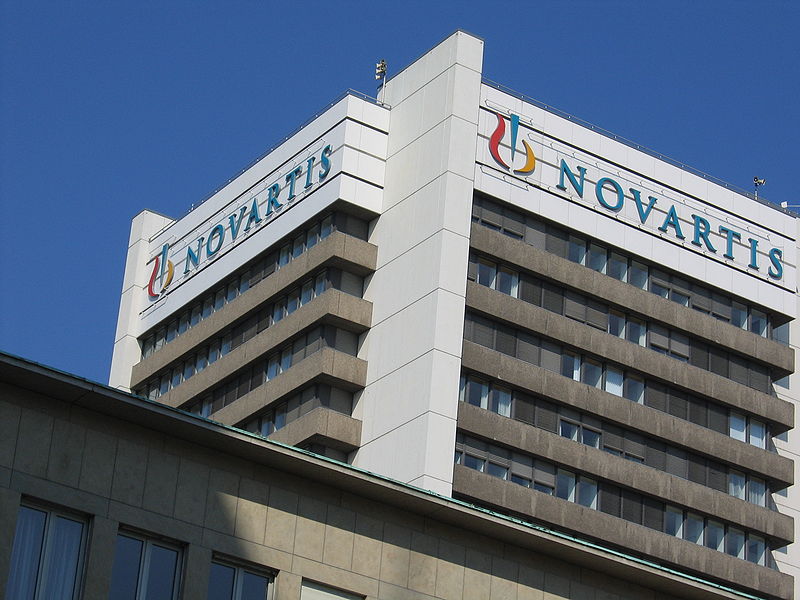
Novartis has announced it is looking into working with reinsurers as a way to help healthcare providers fund the ultra-high cost of new personalised therapies.
In this funding model, reinsurers act as a backstop to conventional insurances in both public and private healthcare systems.

Discover B2B Marketing That Performs
Combine business intelligence and editorial excellence to reach engaged professionals across 36 leading media platforms.
Another positive of this system is that reinsurers can pool the cost of these gene and cell therapies even if they are manufactured by different companies and are being used in multiple countries.
In an interview with the Financial Times, the pharma company’s CEO Vasant Narasimhan said: “Given that we’ll have five gene therapies in the clinic next year and we plan to continue to have a steady pace of gene therapies, we acknowledge we need to work with the system to come up with new solutions.”
He added: “I think of it as delivering cures; delivering transformation. And if we can deliver transformation, I have to believe we will find the appropriate value proposition.”
Novartis has already implemented an outcome-based pricing model for its CAR-T therapy Kymriah. The company has signed outcome-based contracts with treatment centres across the US with the support of the US Centers for Medicare and Medicaid Services.

US Tariffs are shifting - will you react or anticipate?
Don’t let policy changes catch you off guard. Stay proactive with real-time data and expert analysis.
By GlobalDataIn September this year Kymriah was deemed cost-effective for use by a maximum of 30 children under 25 years old with acute lymphoblastic leukaemia by NHS England by the National Institutes of Health and Care Excellence.
Novartis’ suggested reinsurance model is not a novel strategy in the healthcare industry; Roche has been working with reinsurance company Swiss Re to provide cancer treatments in China since 2012.
According to a 2010 agreement, Roche provides healthcare data to Swiss Re to help the latter tailor its insurance policies, and in return Swiss Re re-insures five Chinese insurers, thus circumventing Chinese laws banning foreign firms from selling insurance in the country.
Narasimhan acknowledges that establishing a funding model will become more urgent as more gene and cell therapies are developed and approved.




